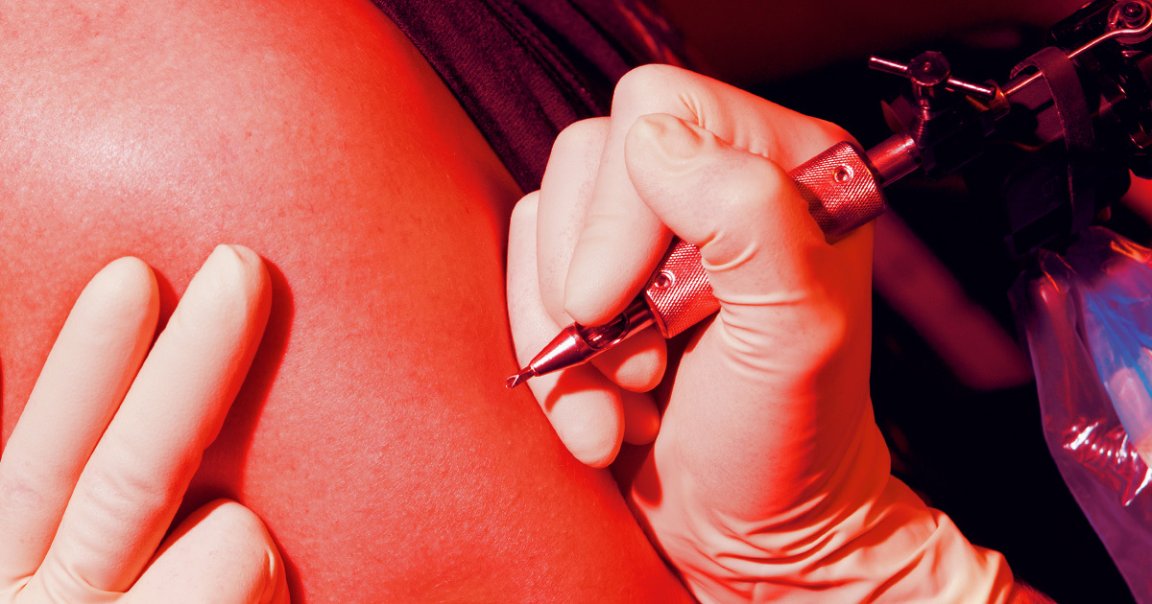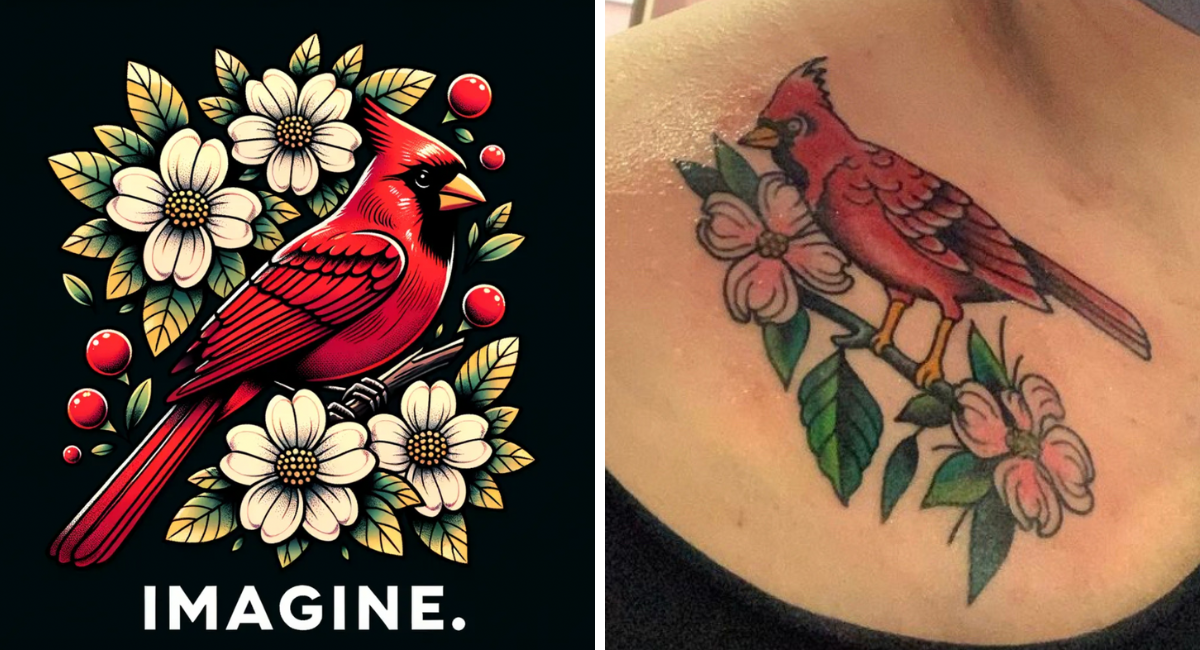
Soulless Ink
A tattoo enthusiast was mighty peeved when she learned mid-session that her tattoo artist had used artificial intelligence to “draw” her massive leg piece.
“He was kind of proud,” 30-year-old Helsinki resident Kaarina Vuorinen told the Wall Street Journal, referring to her gothic sword tattoo session. “I was like, in shock. I was so disappointed.”
Ultimately, Vuorinen decided to let her artist finish the neo-traditional piece he’d “designed” for her. Still, she’s not really happy with the sword.
“It’s pretty,” she remarked, “but it doesn’t have a soul.”
That sentiment seems to be one shared among other tattoo traditionalists who consider the practice of using AI to create skin art taboo — a growing trend given the wide proliferation of popular AI image generators.
“You’re essentially cheating,” New Jersey-based tattoo artist Matt Doherty told the WSJ. “It’s like doing sports on steroids.”
Cardinal Sign
As Doherty points out, image generators often build from — or rip off, depending on who you ask — publicly posted work from other artists, which seems to be as frowned upon in the tattoo world as it is among other artistic mediums.
To test it out, this Futurism reporter fed CoCreate’s free tattoo image generator a prompt similar to one of her own, very real tattoos: “a red cardinal with dogwood flowers,” which both symbolize her home state, North Carolina.
The output admittedly turned out alright, though it came with the word “imagine” emblazoned underneath it for some reason. Ultimately, it looks far more uncanny and, yes, soulless than the real thing.

For a design as simple as the aforementioned, using AI to draft up ideas could work in a technical sense. But for others, like one AI mockup brought into the Toronto tattoo studio where interviewee Matthew Hatch works, AI imagery just wouldn’t translate well into ink on skin.
Hatch told the WSJ that someone came in recently with an AI-generated image of galaxies in space. The 27-year-old artist said that if had ended up being tattooed on the person who brought it in, it would have just looked like a bruise.
“There are limitations on what is possible,” Hatch remarked.
With anything as personal as tattoos, there are invariably going to be emotional responses to new technology that can change the game.
But if you’re going to get something imprinted on your skin for life, it certainly feels like a questionable choice to resort to AI.
More on AI and tattooing: What’s Up With Those Sloppy AI-Generated Tattoo Posters in New York City?